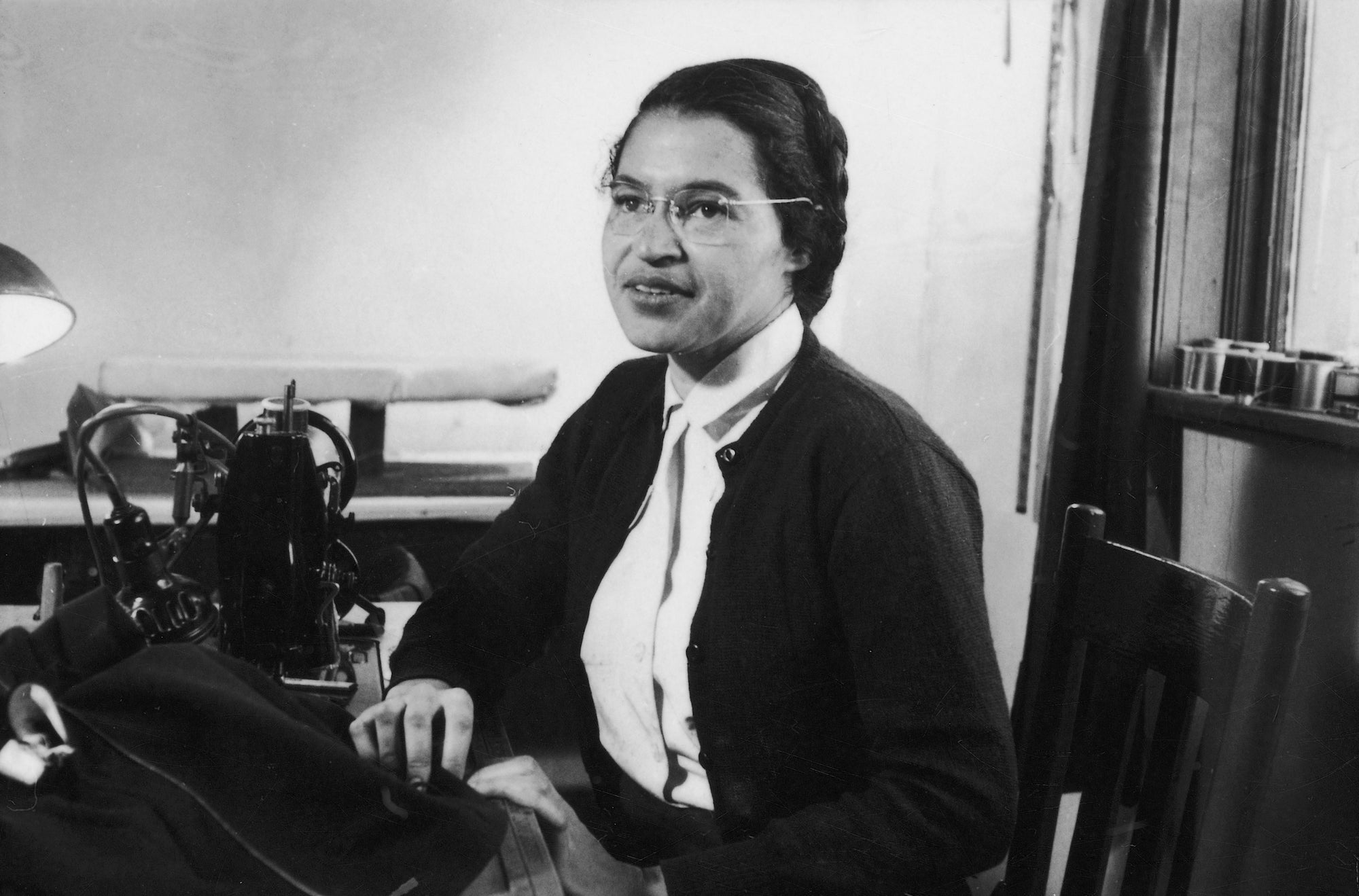Rosa Parks refused to give up her seat on a segregated bus 60 years ago

Tuesday marks 60 years since Rosa Parks refused to give up her seat to a white passenger on a segregated bus in Montgomery, Alabama. Her arrest on December 1, 1955 sparked the 381-day Montgomery bus boycott.
President Barack Obama said that Parks' lifetime of activism continues to inspire Americans today.
“Rosa Parks held no elected office. She was not born into wealth or power. Yet sixty years ago today, Rosa Parks changed America. Refusing to give up a seat on a segregated bus was the simplest of gestures, but her grace, dignity, and refusal to tolerate injustice helped spark a Civil Rights Movement that spread across America,” the president said in a statement on Tuesday.
“Like so many giants of her age, Rosa Parks is no longer with us. But her lifetime of activism – and her singular moment of courage – continue to inspire us today. Rosa Parks reminds us that there is always something we can do. It is always within our power to make America better," he said.
"Because Rosa Parks kept her seat, thousands of ordinary commuters walked instead of rode. Because they walked, countless other quiet heroes marched. Because they marched, our union is more perfect. Today, we remember their heroism. Most of all, we recommit ourselves to continuing their march."
Democratic frontrunner Hillary Clinton is traveling to Montgomery on Tuesday to deliver a keynote speech at the Dexter Avenue King Memorial Baptist Church, where Martin Luther King served as the pastor. The speech will headline a two-day event organized by the National Bar Association.
“We are going to be recognizing these older foot soldiers and the people’s shoulders that we all stand on today,” Montgomery Mayor Todd Strange told Reuters. “We want to make sure that as many as possible get their moment.”
Jeanne Theoharis, political science professor at Brooklyn College and author of the newly published The Rebellious Life of Mrs. Rosa Parks told TIME that Parks' frustration with the American justice system is the same frustration that motivates Black Lives Matter movement in present day.
“We fall back on stock images. We fall back on the ways we’re comfortable with her, as a quiet seamstress in a movement that was long ago," she said. “But Rosa Parks at the end of her life was saying there’s still more work to be done.”
Subscribe to Independent Premium to bookmark this article
Want to bookmark your favourite articles and stories to read or reference later? Start your Independent Premium subscription today.
